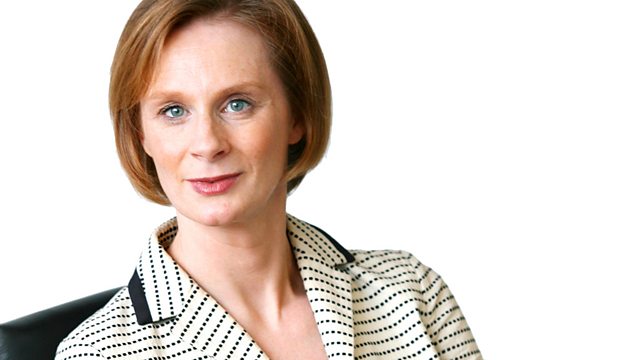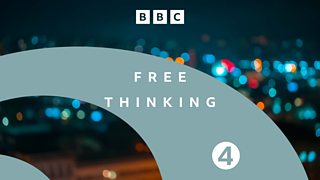David Eagleman, Social Media, Afghanistan, The Horse
Anne McElvoy meets neuroscientist David Eagleman to discuss the new ethical issues raised by the contradictory nature of brain science.
Anne McElvoy meets the neuroscientist David Eagleman to discuss the new ethical issues raised by the contradictory nature of brain science. What are the implications for the legal system and can culpability and blame now be disregarded with all that we know about how the brain works?
Also tonight - the online social revolution is arguably the biggest cultural change the world has experienced since the Industrial Revolution of the 18th century. It's the key to political change, hailed as the progenitor of democracy in countries like Tunisia, and it's brought people across the world together. However, Andrew Keen - in his new book #digitalvertigo - suggests the social revolution is more dizzying and divisive than it is communitarian and life-enhancing. He's joined by writer and broadcaster, Naomi Alderman to untangle the web of social media.
Anne McElvoy also talks to the former diplomat and soldier Rory Stewart MP about his new two-part television documentary about Afghanistan, and why he believes military interventions in the country have almost always failed.
The horse is central to the development of civilisation. A new exhibition at the British Museum explores how man's relationship with the animal has developed over centuries, from the deserts of Arabia to the race courses of England. Historians Louise Curth and Donna Landry discuss how the iconography of the horse has been represented in art and culture, and how the animal comes to symbolise the coming together of the East and the West.


